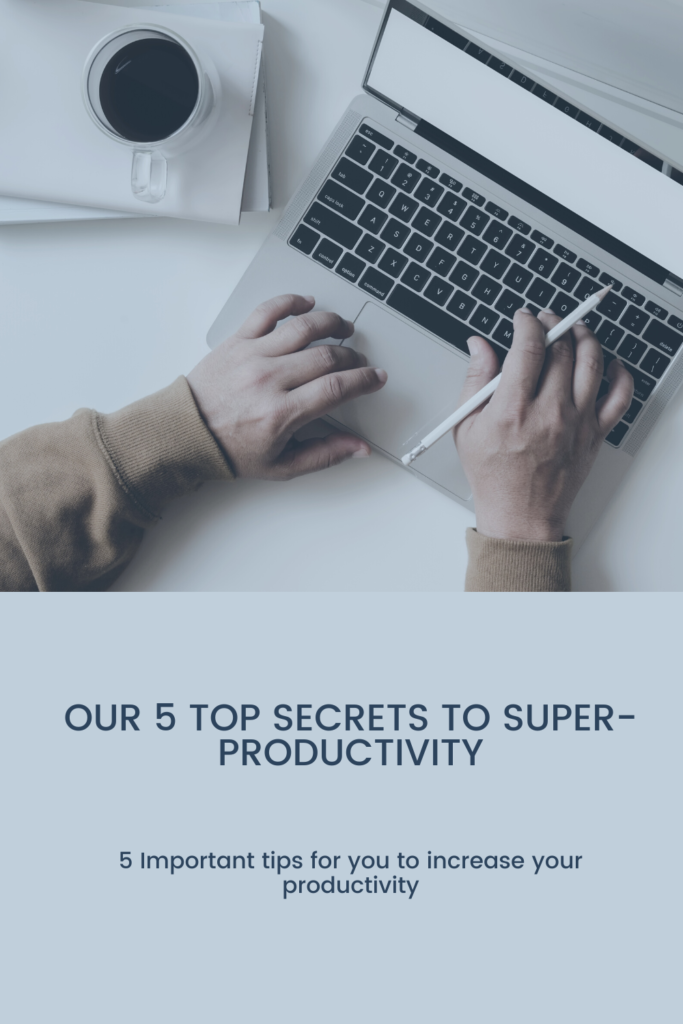
Productivity is an art. Learning takes time and practice, but it’s well worth it.
We all want to be more productive. But how do we get there?
It’s not as simple as just “being more productive.” Many factors are at play, and they can’t be put into place overnight. Changing your productivity habits takes time, dedication, and serious energy.
But here’s some good news: you can make progress every day! And it doesn’t have to be a lot of progress—even small changes can have big effects in the long run.
What is a Productivity?
Productivity is a buzzword in the business world. It’s a way of measuring how much you get done or how much you’ve accomplished.
But what exactly is productivity?
What does it mean?
And how do you increase your productivity?
Productivity is defined as “the ability to produce or accomplish something.” And it matters because it measures how much work you’re getting done. The more work you get done, the better you can manage your time and resources, which means you can reach your goals faster and more efficiently.
Productivity is also an indicator of the quality of your work. If you’re doing good work, you’ll be productive—and if you’re not doing good work, then there’s no point in being productive!
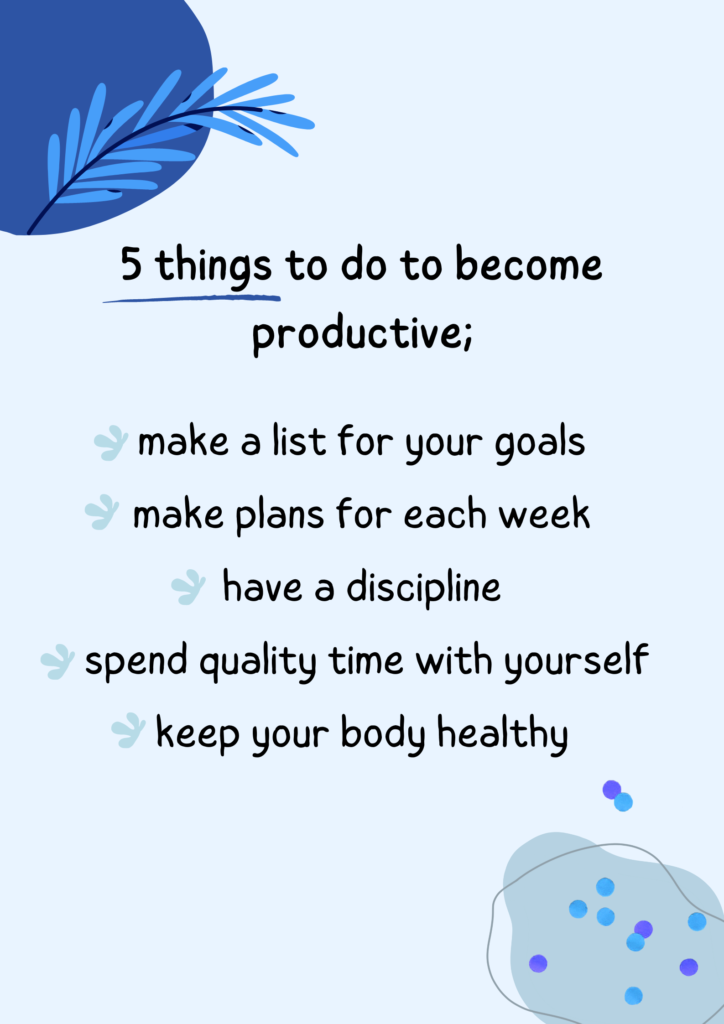
Productivity is the amount of work you get done during a set period. It’s measured as output per unit of input. So if you’re working for 8 hours and you complete ten tasks, then your productivity for that day is 1 task per hour worked.
The best way to increase your productivity is by finding ways to make yourself more efficient at work—which means figuring out ways to do more in less time. You can do this by changing your daily routine and habits so that they work better with how your brain works.
Components of Productivity
Productivity is how much you can get done in a given amount of time. It’s about how much effort you put into your work and how efficiently you use that effort.
Most people associate productivity with getting as many things done as possible in as little time. But really, there are three different parts to productivity: quality, quantity, and efficiency.
Quality
If you’re working hard on something and it’s not turning out well—or if you’re working hard on something that doesn’t matter—then you’re wasting your time. You might be putting in lots of effort, but if the results aren’t worth it, then what’s the point?
Quantity
If all you do is work hard without focus or strategy, it will not get you anywhere either. You need to know what needs doing and why before you start working so that nothing gets left behind or forgotten.
Efficiency
Finally! We’ve reached efficiency! This is what most people think of when they hear “productivity.” It’s about ensuring every single second counts towards getting those tasks done as quickly as possible—and then patting yourself on achievement.
What are the benefits of productivity?
Well, it’s not just about getting more done. It’s also about getting more done in a way that lets you enjoy your life and feel fulfilled.
Productivity is about being able to do what you want and then having the time left over to do what matters most. It’s about having enough time to take a walk or read a good book—and knowing that when you get back from that walk or finish that book, there’ll be something waiting for you at home! It’s about taking care of yourself and your family while still having the energy and enthusiasm to volunteer at school or church.
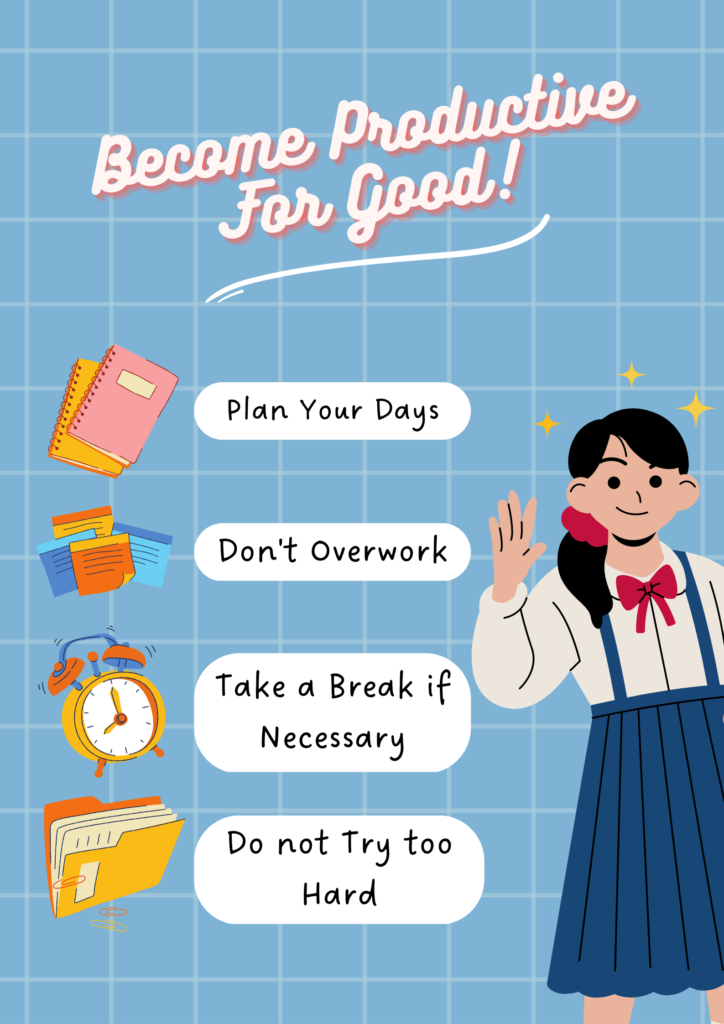
And productivity isn’t just about getting things done quickly—it’s also about doing them well. When we’re productive, we have time to think through our tasks carefully rather than rushing through them without thinking twice about whether they’re worth doing at all.
We have time to ensure we’re doing something right before moving on to the next thing on our list.
Why Productivity Matters?
Productivity matters because it helps you achieve your goals. If you want to be a better writer, for example, it helps to be more productive in your writing. You can’t write as much if you don’t have the time or energy.
We live in a world that is constantly trying to distract us from our goals and make us feel bad about ourselves. Productivity is one of the best ways to fight against these negative forces.
Being productive also helps us build confidence in our abilities as individuals and as members of teams by giving us the sense that we can handle whatever comes our way.
Productivity matters because it allows you to get more done in less time.
When you’re more productive, you can:
-Reach your goals faster
-Spend more time with family and friends
-Go on vacation (or take a nap)
-Start that side hustle you’ve been dreaming about
5 Top Secrets To Super-Productivity
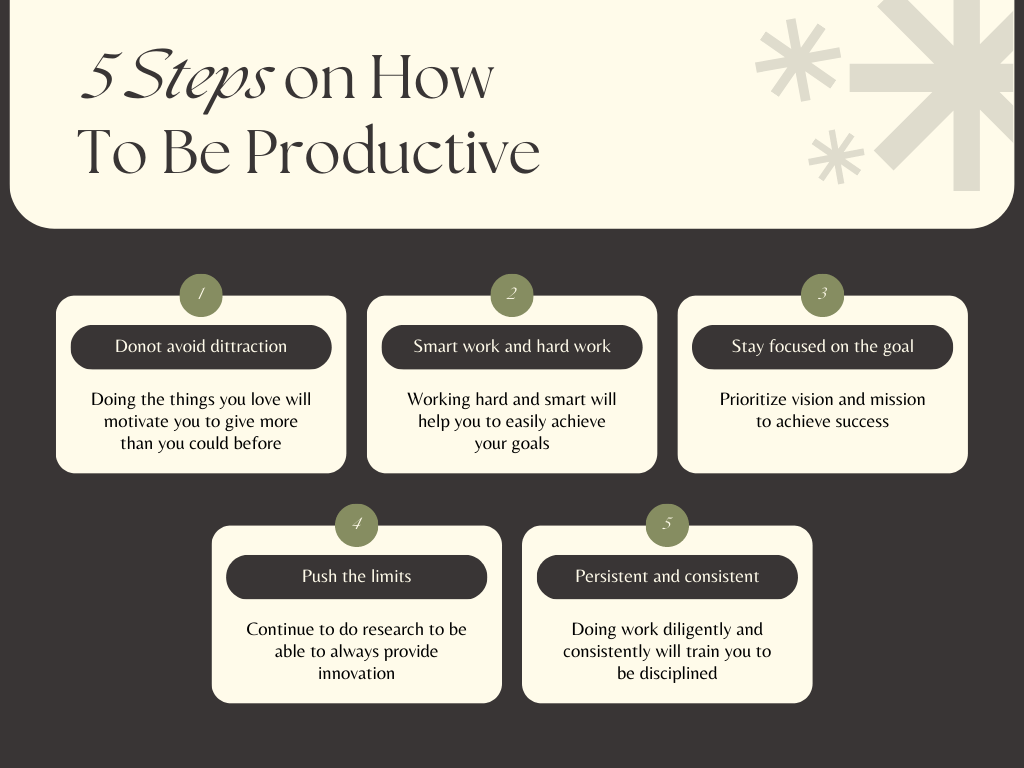
Do you ever feel like you’re just stuck in a rut and not getting anything done?
Well, there’s a reason for that. And it has nothing to do with your ability to get things done. It has everything to do with how you think about what it means to get things done.
If you want to achieve some level of productivity—and heck, even if you want to feel like your workday isn’t a total waste—you have to change your mindset about what it takes to be productive.
Here are six secrets for super productivity:
Secret #1: Productivity isn’t about avoiding distractions.
Productivity isn’t about avoiding distractions—it’s about managing them effectively.
Distractions are inevitable, and they’re not going away any time soon. You can’t just decide to be productive and expect your life to change overnight magically. But you can learn how to manage distractions, so they don’t keep you from getting stuff done.
We all know how easy it is to get distracted: the phone rings, your coworker walks by with a question, and suddenly you’ve spent 20 minutes on Facebook. But what if I told you there was a way to manage those distractions, so they don’t derail your day?
Here are some of our favorite ways to do this
Create a “focus” list—This means keeping track of the tasks or projects that require your full attention. When something that doesn’t belong on that list pops up, move it out of the way, so nothing else gets in the way of your focus items.
Turn off notifications—Ideally, you should only have notifications turned on for apps and websites that are truly important to your work (for example, email). If an app or website isn’t necessary for your daily work but still sends alerts when something changes or happens (like Facebook), turn those off as well! This will help keep things less cluttered and allow you to stay focused on what matters most.
Secret #2: Creating systems is the only way to stay productive.
If you’re a busy professional, you know how hard it can be to find time for everything that needs to get done. You might have a full schedule, but also a family and a home life. And, let’s face it—you probably have more than one job! You can’t stay productive if you’re always scrambling to get things done.
The good news? There are ways to make all of this easier on yourself. By setting up systems in your life and work, you’ll be able to spend less time worrying about what needs doing next and more time getting things done!
The key is to create systems that will help you stay productive throughout the day without having to think about it. If your productivity relies on willpower alone, your willpower will eventually run out—and when that happens, your productivity goes down the drain with it.
The only way to stay productive is by creating systems that make it easy for you to stay on track throughout the day. It’s important to set up systems that work for you so that they can continue working regardless of whether or not you feel like getting things done at any given moment. And it doesn’t matter if your goal is productivity; these systems can help anyone who wants their life more organized and better manage their time.
Secret #3: You can’t do everything at once
You can’t do everything at once, so instead of trying, focus on doing one thing well! Doing one thing really well means you’ll get better at it, and then you can move on to another area that needs improvement. This is a great way to approach your work and personal life.
There’s a reason why it’s called a “to-do” list.
We all have the same amount of time in the day, but not all of us can accomplish everything we want to do in that time. The trick is to know what’s important and focus on doing one thing well at a time instead of trying to get everything done at once.
If you try to do everything at once, you’ll end up spreading yourself too thin and not doing any one thing particularly well. So how do you focus? Start by asking yourself these questions:
1) What are my core values? Do they align with what I’m currently spending my time on?
2) What am I most excited about right now? Is it related to my core values?
3) What is my biggest challenge right now? How can I turn this into a positive experience?
Secret #4: When setting goals, ensure they are SMART

SMART goals are the best way to set yourself up for success.
SMART is an acronym for Specific, Measurable, Achievable, Relevant, and Time-bound. When you write your goals, make sure they meet these criteria.
Specific: Your goal should be clear and concise. You should be able to tell someone what it is in one sentence.
Measurable: The goal should be something you can measure or count to know when you have achieved it.
Achievable: The goal should be challenging but realistic; if it’s too easy or hard, it won’t motivate you!
Relevant: This means that the goal should fit into your overall mission or purpose—the bigger picture—and align with why you’re doing what you’re doing in the first place (your mission statement).
Time-bound: This is a very important part of SMART goals because it gives you a deadline by which to accomplish them and shows commitment.
Secret #5: Don’t try.”
My last secret is: don’t try.
It sounds counterintuitive, I know. But the truth is, trying to do something is often the thing that gets in your way of doing it. If you’re trying to write a novel and you’re not feeling it today, it’s probably best to take a break and come back tomorrow when you have more energy.
I know, I know—this sounds crazy. But hear me out: when we try, we put on the pressure to succeed. When we try, we’re not free to just be ourselves and let our natural talents shine through. And when we try, all of our energy is focused on the result, which means that we have less energy left over to actually enjoy whatever it is we’re doing.
So how do you stop trying? Let go of goals and expectations and just be present at the moment. Focus on what’s happening right now—not what will happen next or what did happen before. This way, you’ll be able to truly enjoy yourself without any pressure or stress weighing down on your shoulders!
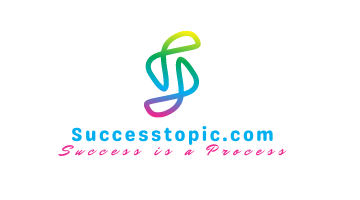
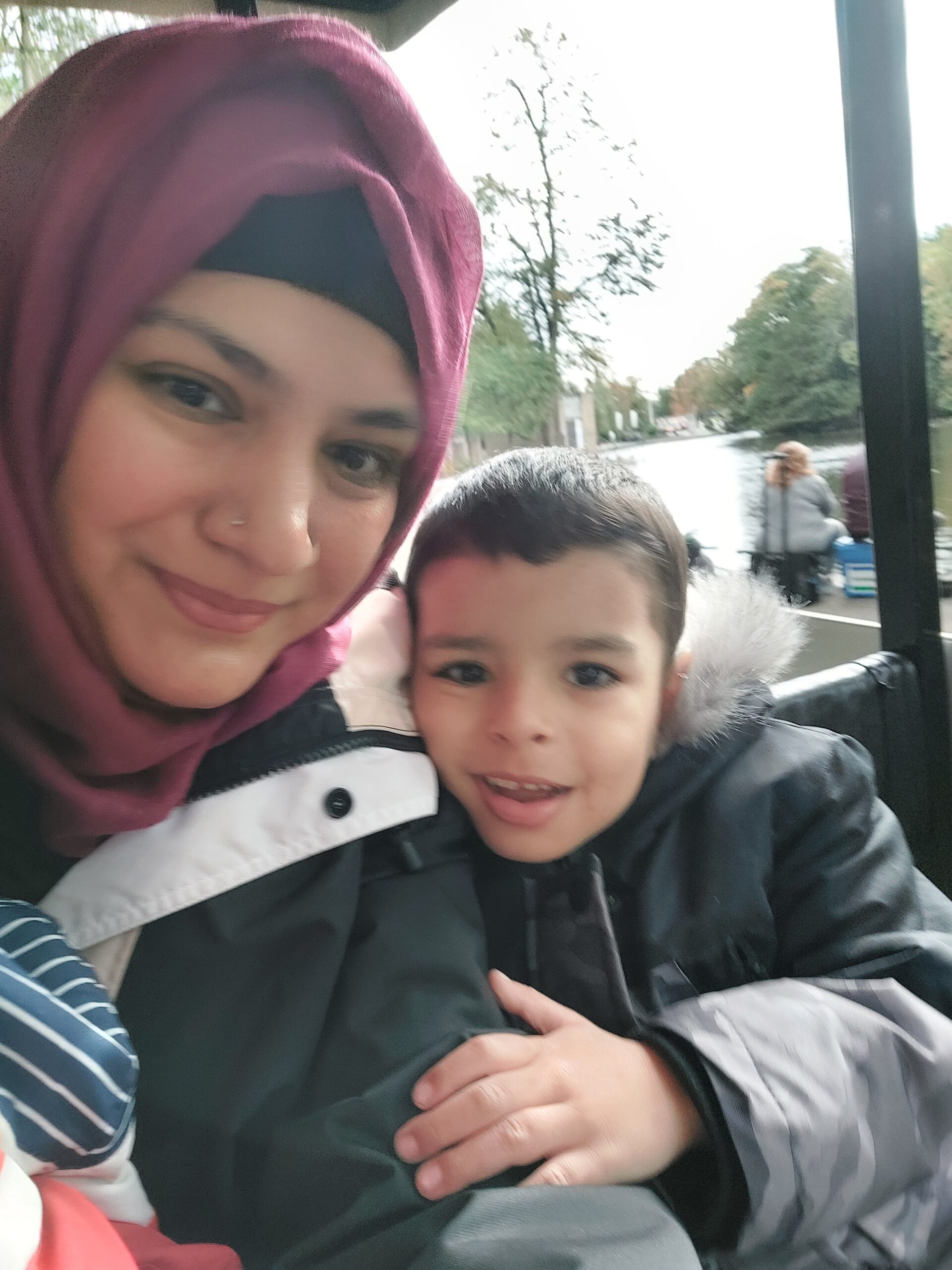
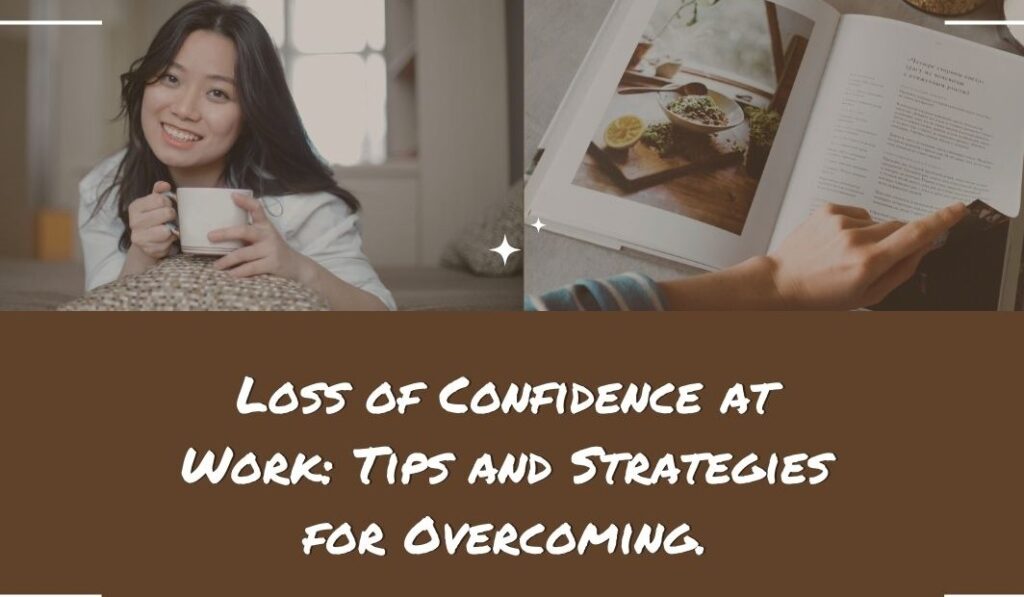
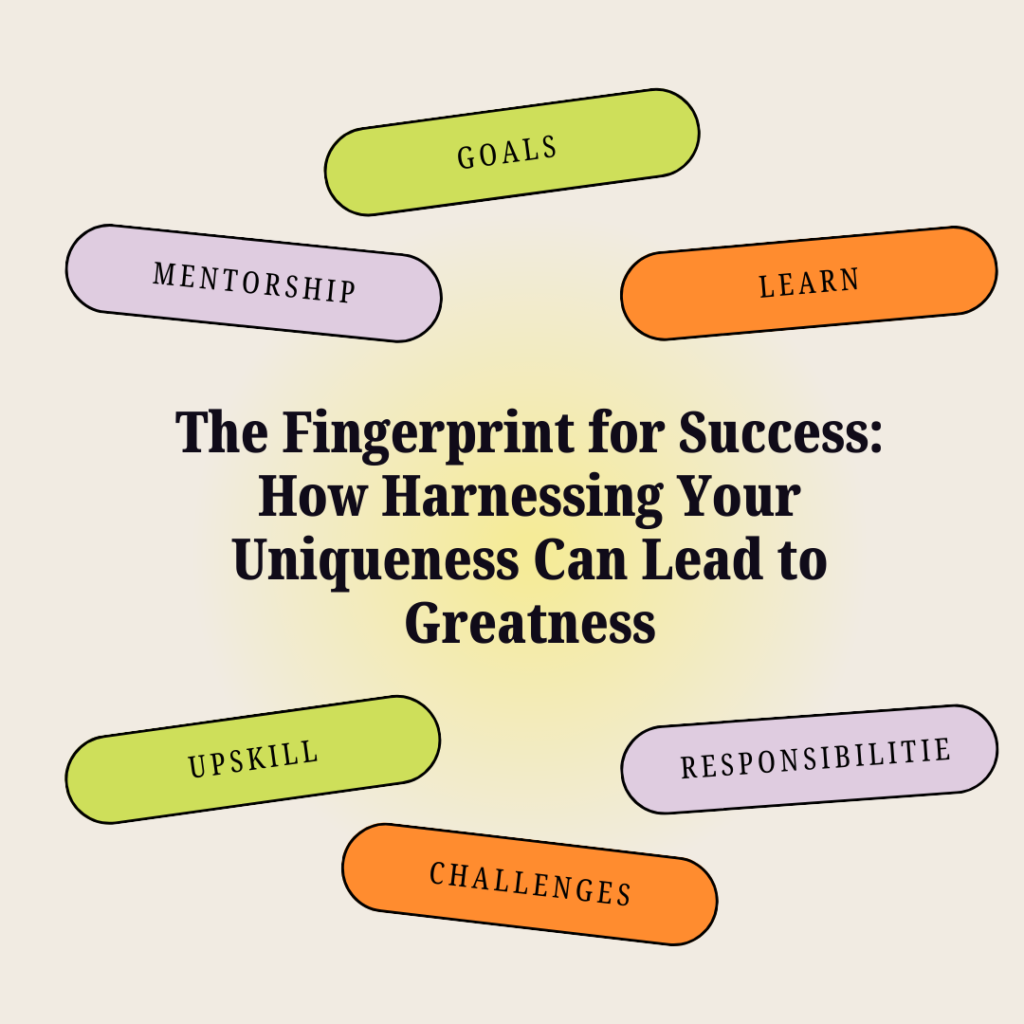
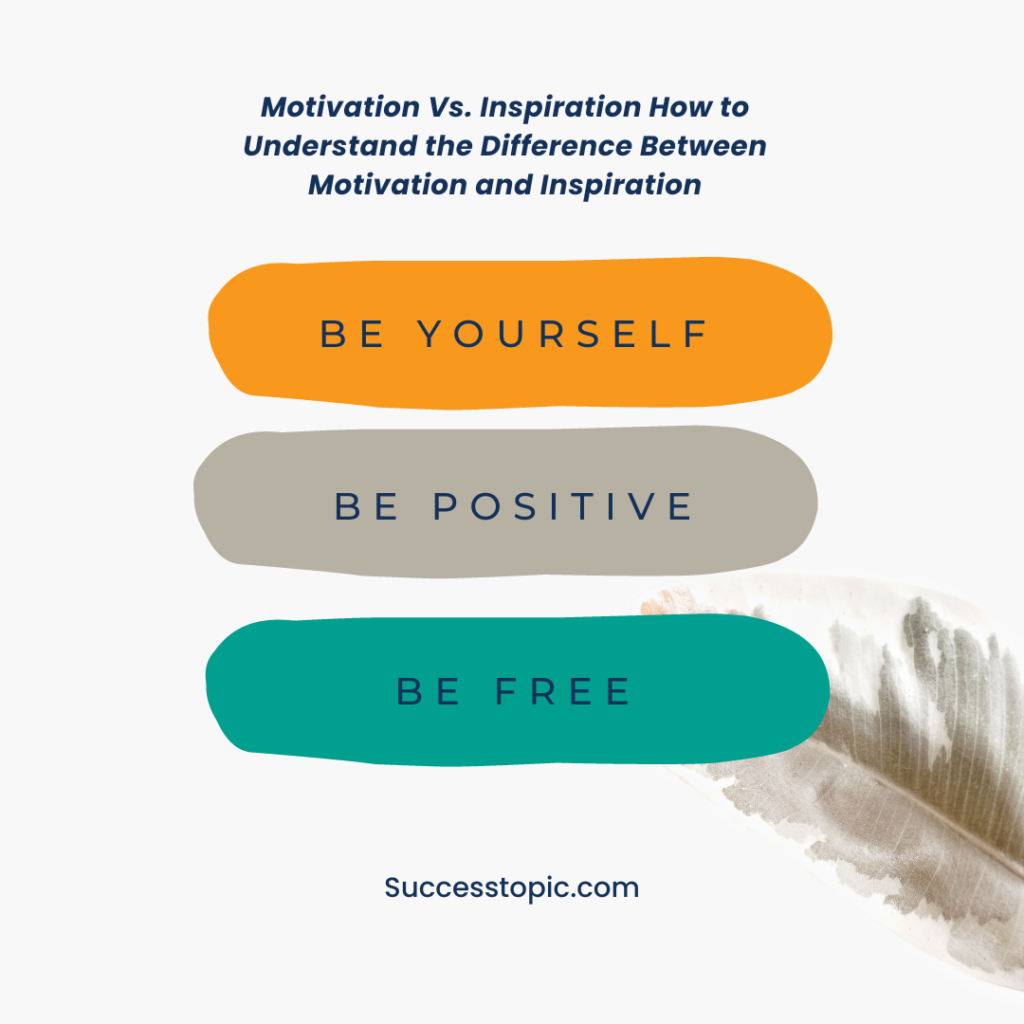
4 thoughts on “5 Top Secrets to Super-Productivity”